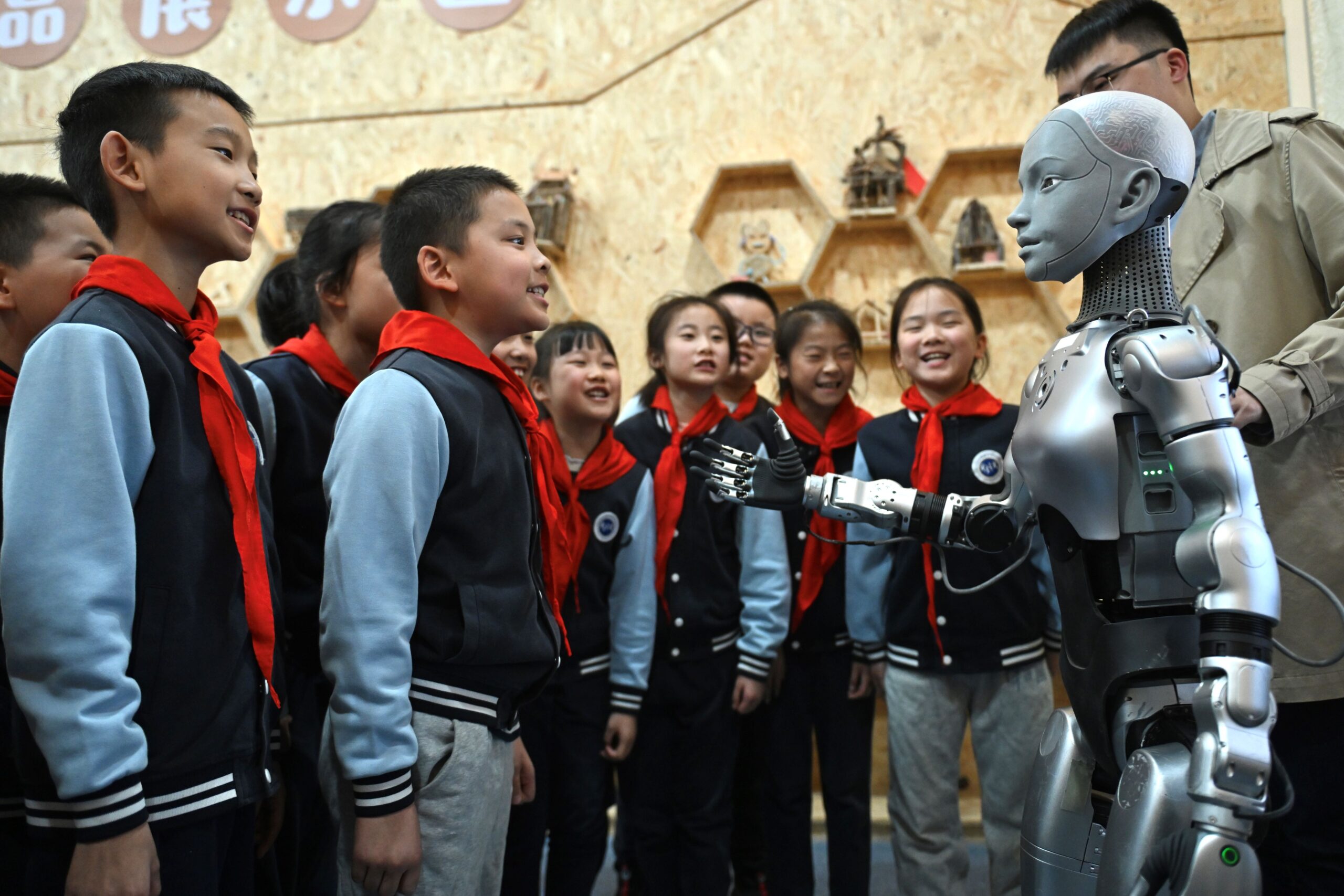China is advancing brain-computer interface technology with clinical breakthroughs, government plans, and growing industry applications.
A paralysed man typing words on a screen using only his thoughts sounds like science fiction. Still, it has already happened in Shanghai thanks to the significant advancements in brain-computer interface (BCI) technology in China. Once a science fiction dream, BCIs are now moving into hospitals and daily life.
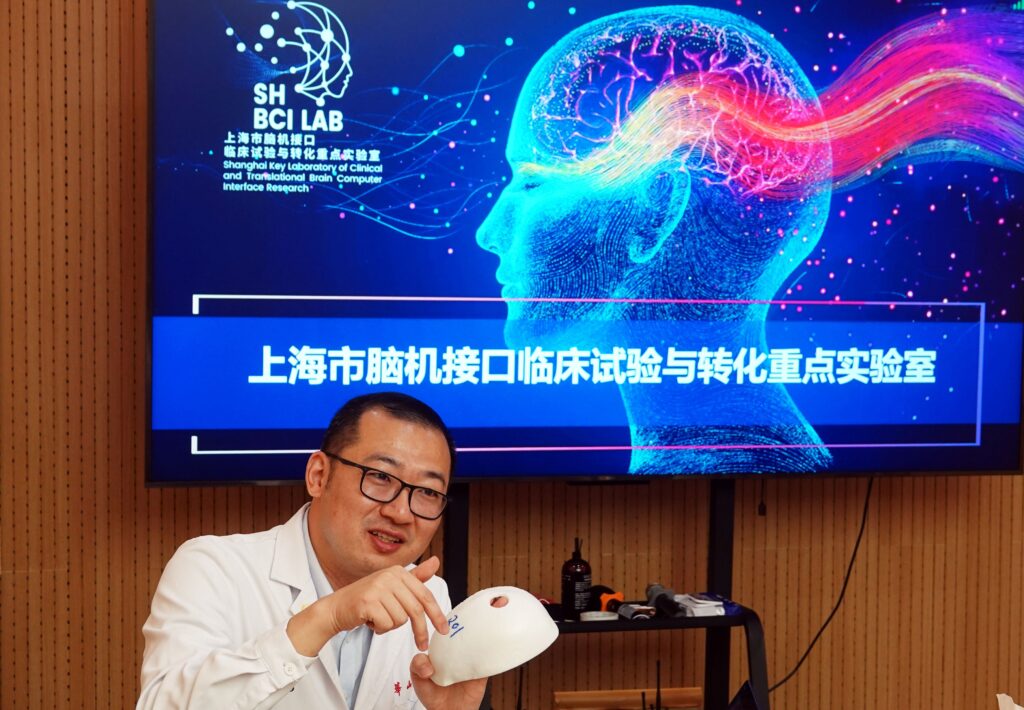
Breakthroughs and Policy Goals
China has achieved several world firsts in BCI technology. In 2025, doctors in Shanghai restored movement in a paralysed patient through a minimally invasive implant. At the Second Affiliated Hospital, Zhejiang University School of Medicine, a man with a spinal injury used implanted chips to control a robotic arm and write on a board. During the Beijing 2022 Winter Paralympics, champion Jia Hongguang used a BCI-powered bionic hand to pass the torch.
China’s government sees BCIs as a “future industry.” By 2027, it expects breakthroughs in core technology and the creation of regional innovation hubs. By 2030, officials aim to build a safe and globally competitive ecosystem. The domestic market is already growing. It was about RMB 3.2 billion (£340 million) in 2024 and is forecast to reach RMB 5.6 billion (£590 million) by 2027. Research centres such as the Chinese Academy of Sciences’ CEBSIT and Fudan University are leading trials. Start-ups like NeuCyber NeuroTech are expanding the use of patient implants. Together, policy, academia, and industry are moving in step.
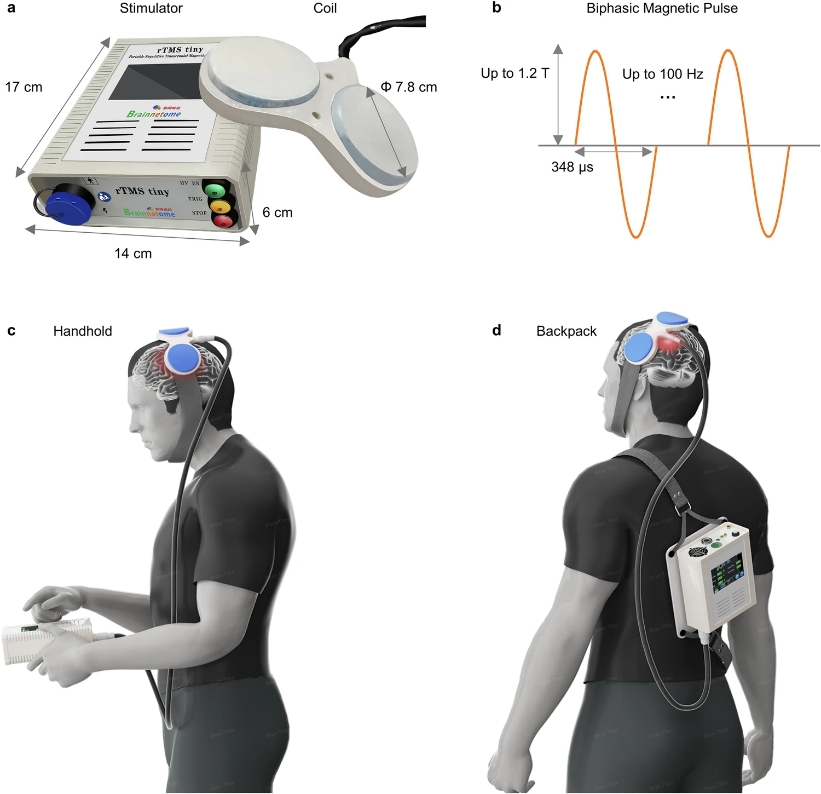
From Medical Recovery to Human Enhancement
So far, most Chinese projects have focused on medical recovery. BCIs are being tested to treat epilepsy, Parkinson’s disease, and disorders of consciousness. Researchers say the next stage will go beyond therapy. BCIs could help people control smart homes or support high-risk industrial work.
Standards and ethics are also on the agenda. China has established a national committee to oversee the safe development of BCI. Rules stress that research must be “moderate and harmless.” Experts warn that as computing power increases, BCIs will be able to decode brain signals better, raising concerns about privacy and mental autonomy.
Editor’s note: China Minutes does not use AI to generate images or text in our articles. However, to emphasise the advancements China is making in technology, such as BCIs and AI, the cover image for this article was generated using China’s Doubao AI Chatbot.
If you liked this article, why not read: World Robot Conference 2025 in Pictures: A Snapshot of the Future

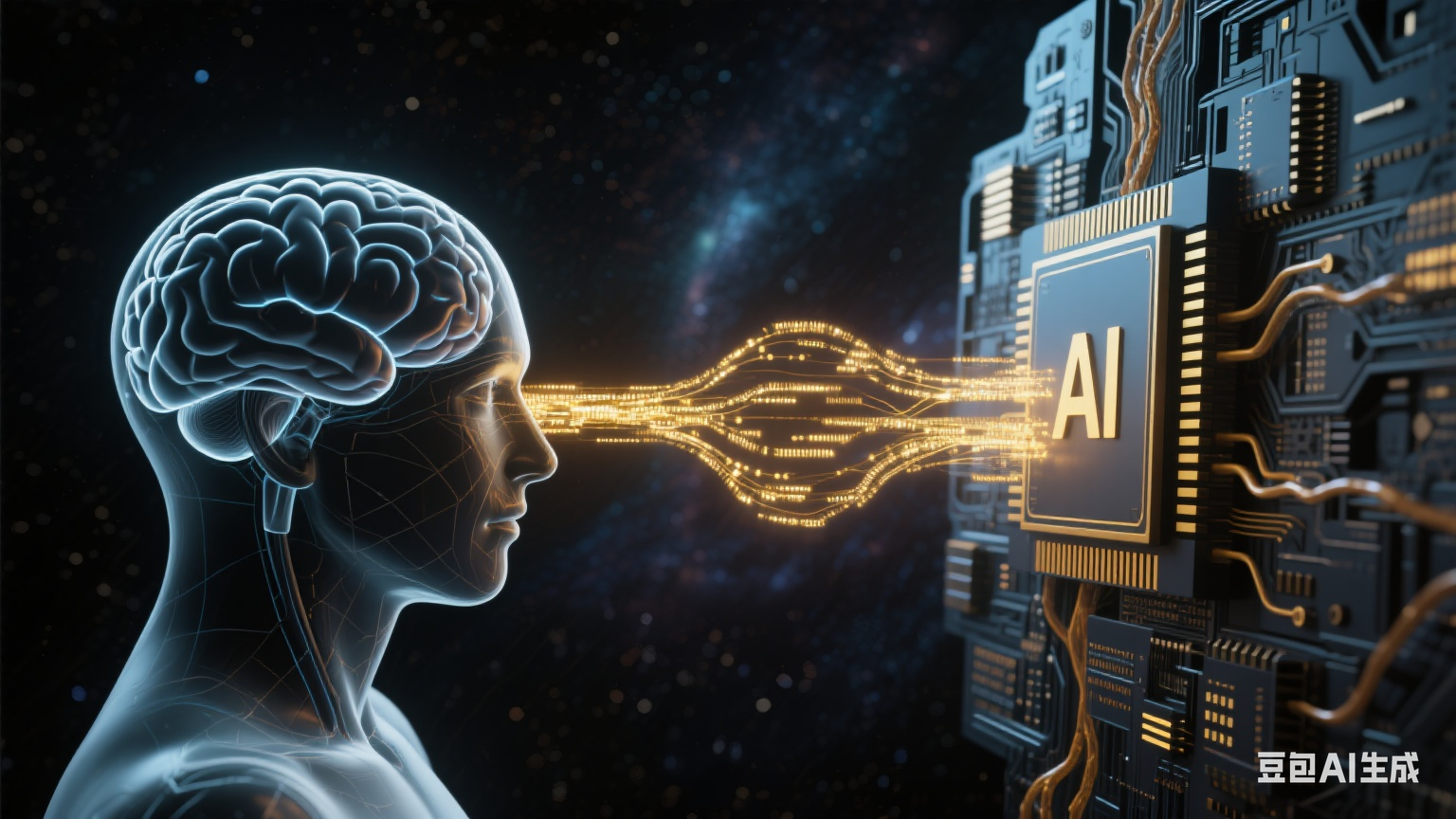


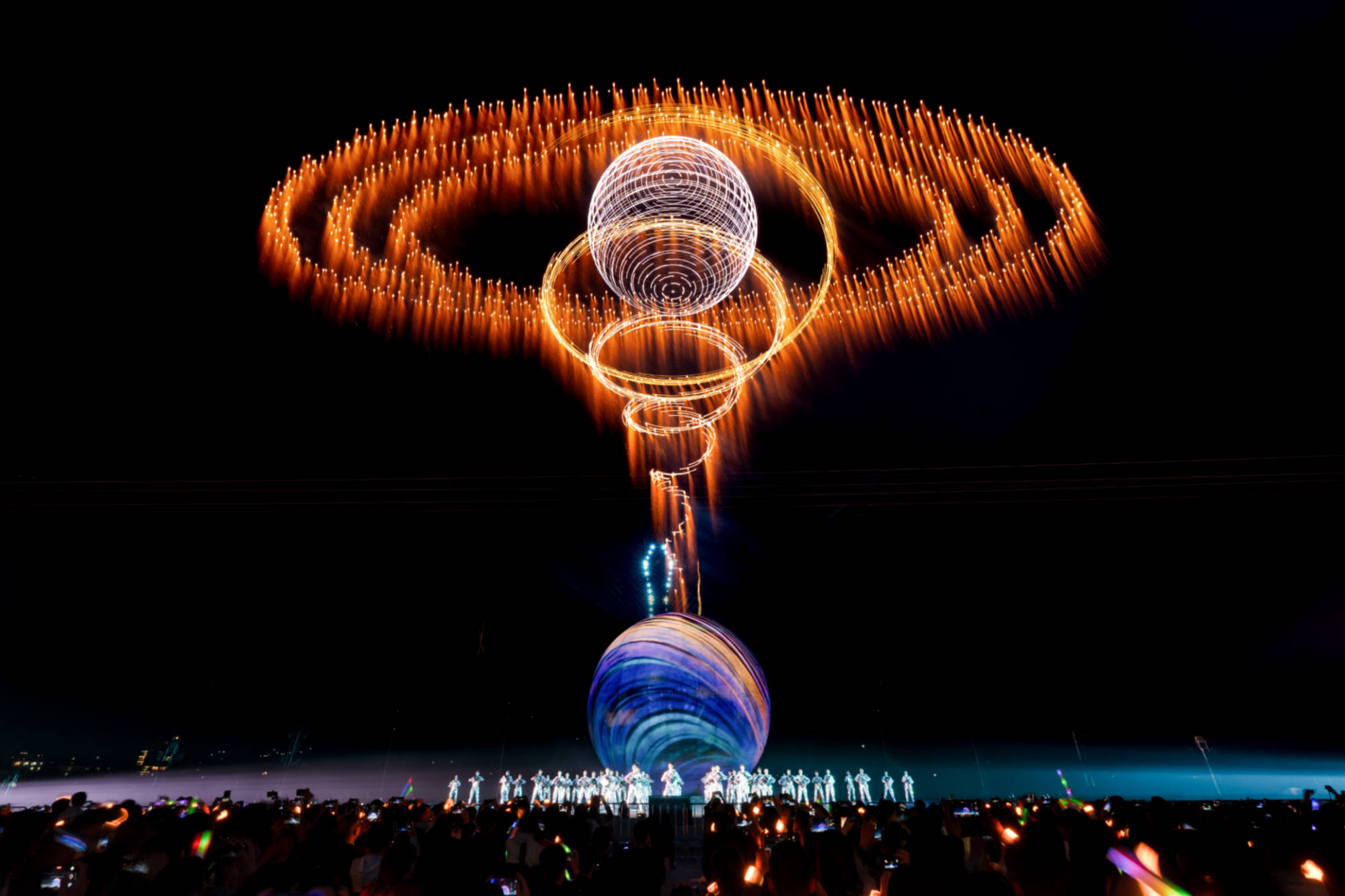
XxjpsgC007116_20250211_PEPFN0A001.jpg)





